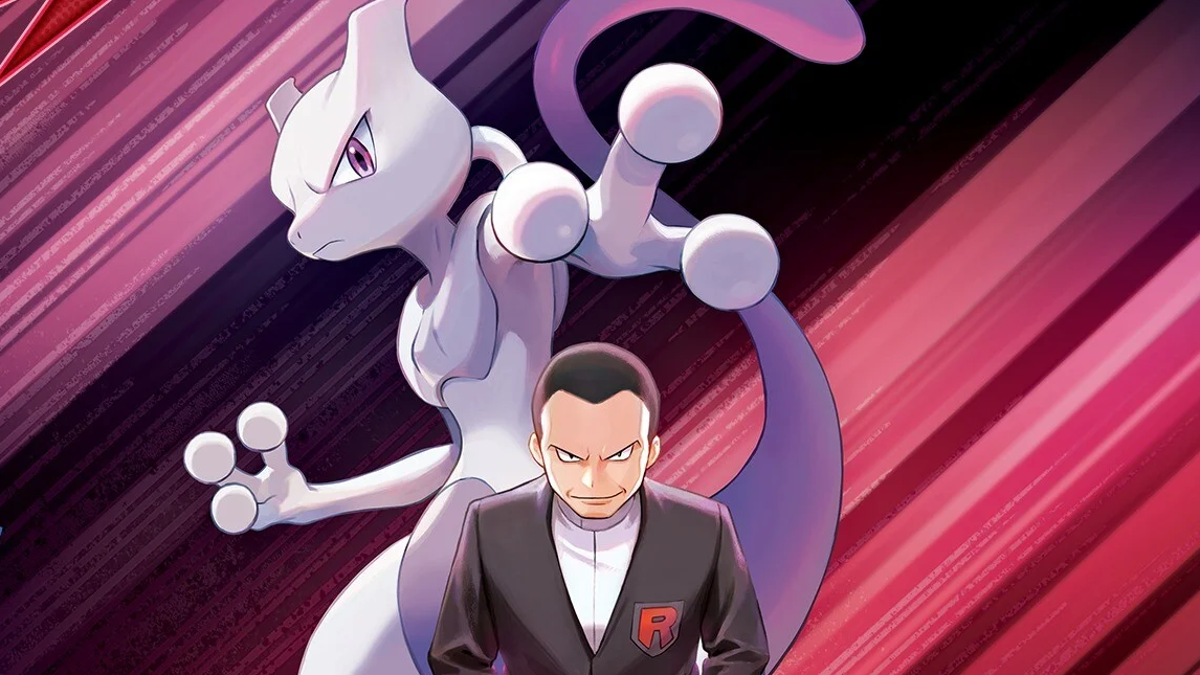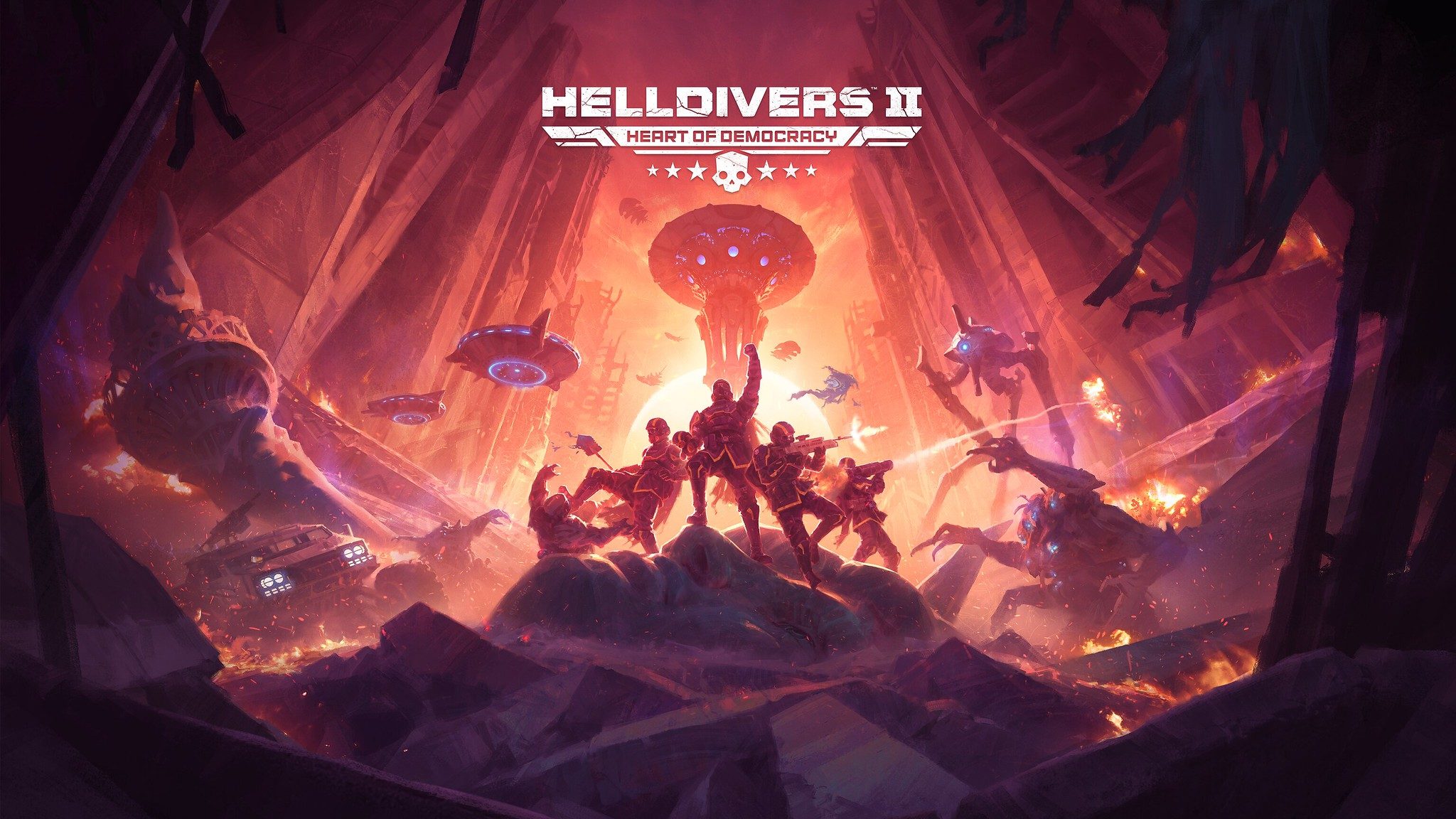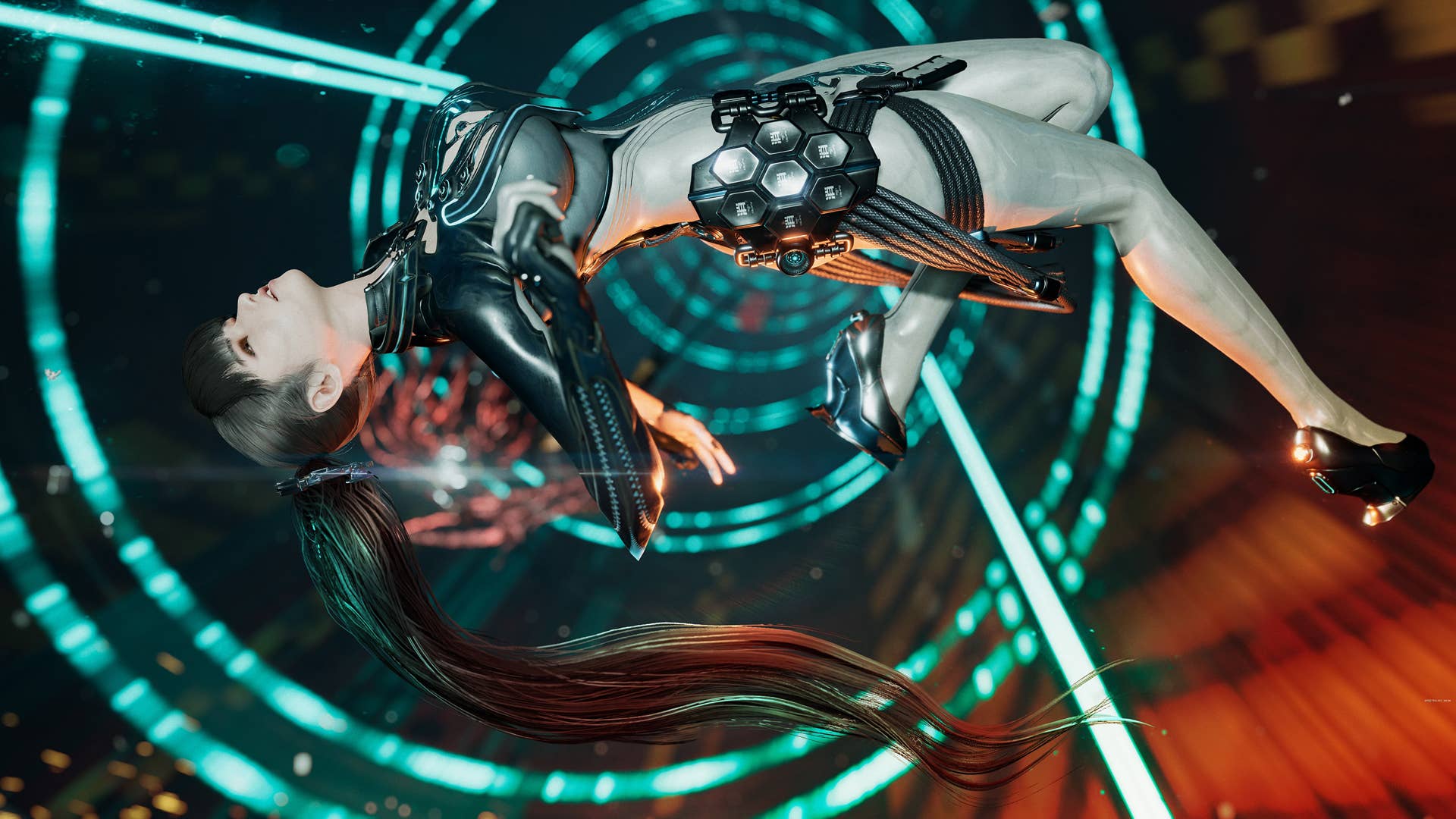Eddington Review
Eddington is a comedic satire with all the depth and precision of a Facebook meme.


Eddington opens in theaters Friday, July 18. This review is based on a screening at the 2025 Cannes Film Festival.
With Eddington, 21st-century horror maestro Ari Aster makes an ambitious swing towards politically flavored comedy – but he misses just as wildly with this dusty, small-town modern Western. The first misfire of Aster’s directorial career makes a futile attempt to capture and satirize the rampant paranoia and cultural fault lines of the summer of 2020 via its COVID-era tale of bitter rivals running for mayor. With flailing jabs in every direction, Eddington ends up with shockingly little to say, and meanders for much of its 145-minute runtime.
There’s some superficial enjoyment to be found, especially in the lead performances: Eddington is an extremely slight work in the body of a comedy that’s only ever funny because the likes of Joaquin Phoenix and Emma Stone make real attempts at finding something beneath the surface. But given the material they’re working with, they often come up short. Phoenix plays Joe Cross, the rebellious, alarmingly individualistic sheriff of the fictional Eddington, New Mexico, who spends his time listening to right-wing talk radio and attempting to politely (but aggressively) navigate his way around pandemic mandates (or insisting that others do so). His messy domestic life informs at least some of his frustrations, between his withdrawn, younger wife, Louise (Stone), and their intrusive, extended-stay house guest: Louise’s mother, Dawn (Deirdre O'Connell).
Whenever Joe comes home, he finds Louise and Dawn lost down their own separate online rabbit holes. Louise gravitates towards the teachings of new age self-help messiah Vernon Jefferson Peak (a severely underused Austin Butler), while Dawn constantly absorbs and regurgitates absurd conspiracy theories from YouTube. At a glance, these details are not entirely unfamiliar: When Joe scrolls through his phone, he’s met with a variety of content that’s either incendiary or mind-numbingly banal, as any of us might. However, much of this is just window dressing, worthy of a chuckle before we forget about it (Eddington certainly does). Fed up with the state of things, Joe decides to run for mayor against incumbent candidate Ted Garcia (Pedro Pascal), a smirking politician who harbors an angry streak at home, and who hopes to inject the town with tech jobs by welcoming the construction of a massive data center – portending the popularity of AI in a few years’ time. This is perhaps the closest Aster comes to offering any lasting social commentary.
Given Joe’s attempts to skirt the very rules he’s supposed to enforce, it’s hard not to be unsettled by some of the movie’s early interactions. Rightly so: Phoenix is incredibly adept at barely buried simmering, ensuring that Eddington begins in unnerving territory. This, however, ends up a promise unfulfilled. There’s little exploration beyond the period-piece façade of social distancing and social unrest, which hint towards wider details and context we never see, and whose effects seldom trickle down into anyone’s behavior beyond the first time we meet them. It’s a film in emotional and thematic stasis, even when things appear to change rapidly. It may be set in 2020, but the sickening roller-coaster feeling of living through that moment in time is rarely reflected.
When protests over the police killing of George Floyd begin spreading throughout the United States, the people of Eddington begin preparing for an explosion – but the blast feels only partially formed, and entirely insincere. On one hand, as the town’s more conservative residents grow furious at the increasing presence of Black Lives Matter protesters, Joe and his deputy Guy (Luke Grimes), both white, try to navigate the awkwardness of open discussion with trainee Mike (Michael Ward), who is Black. This subplot makes for an amusing flourish, but it unfolds at length without ever engaging with its central tension beyond fleeting punchlines, and the comedy is seldom informed by Mike’s perspective or experience. On the other hand, the protesters are caricatures of teenagers who don’t know better than to adopt an enlightened vocabulary they barely understand in order to get laid or to show off online. All the while, a lingering enmity between Joe and Ted looms larger, concerning a possible sexual impropriety between Ted and Louise, which may have ushered the latter into her cocoon.
Whatever Aster’s attempts with this premise, he spins far too many plates, and his approach ensures that Eddington’s satire is no deeper than a kiddie pool. The film plays with incendiary material but fumbles it constantly, by rarely (if ever) making genuine attempts to examine the humor or absurdity found within its characters’ points of view. Aster’s grief-tinged horror movies Hereditary and Midsommar depend on a genuine, detailed understanding of who he’s making suffer and why, but he doesn’t apply those skills here. Its construction is ideologically flimsy, as though drawn from a highly removed liberal angle on both right-wing frustrations and left-wing activism. For instance, the mess of conspiracies in Joe’s life keep the more paranoid characters at odds (rather than their paranoia feeding off each other), while the film’s engagement with the era’s discourse on race and policing is no more detailed or honest than that of the teen characters delving into these topics for the very first time.
When Eddington loosens its grip on reality, introducing manifestations of imagined far-right phantoms – like global cabals of child predators responsible for every crime, or an armed Antifa super-state that may as well be an organization run by Bond villains – its ravings feel distinctly un-tethered from Joe’s outlook. Imagine, for a moment, a version of the anxiety-inducing opening act of Aster’s Beau is Afraid, in which Phoenix’s Beau becomes besieged on all sides by a Fox News nightmare of a crime-ridden American city – only this time, Beau isn’t afraid. In Eddington, it’s always someone else’s worst fears peeking through the edge of the frame, rather than Joe’s. What ought to be experiential and visceral becomes distantly observed, since the concerns of Phoenix’s sheriff tend to lie far away from the plot’s strange, Under the Silver Lake-esque unveilings.
What is arguably commendable about the film is the way it shifts in tone, from broad political send-up to crime mystery, after a key turn in the plot about midway through. However, this transformation ends up feeling at odds with the movie’s attempts to dramatize one of the freakier years in recent memory. Its style never evolves in a way that goes deeper into that mood. Even its sprawling Southwestern setting is often reduced to a broad symbol of neighborly schisms and civic malaise, alongside a violent cruelty towards its characters that’s anything but nuanced – let alone as potent as an editorial cartoon.
Rigorous satire hardly demands a gentle hand. However, it does demand the rigor of knowing one’s target intimately, in order to strike it with precision. But Eddington is far from precise. Its distant perspective on the many concerns it portrays – across the bounds of party affiliation or taste – results in a disaffected work that has little to say about its chosen moment, other than the fact that some people were bothered by what they may have imagined others were believing. The film itself may as well be one of those subjects, given its old-man-yells-at-cloud approach to any topic that might remotely force the average viewer to confront their own biases, or even reflect on the festering, uncomfortable feelings that defined the era – and continue to define the current one. If you’re looking for a movie that observes the twisted emotional complexities of a world deep in crisis, and says, “Can’t we all just get along?” then Eddington may be for you.


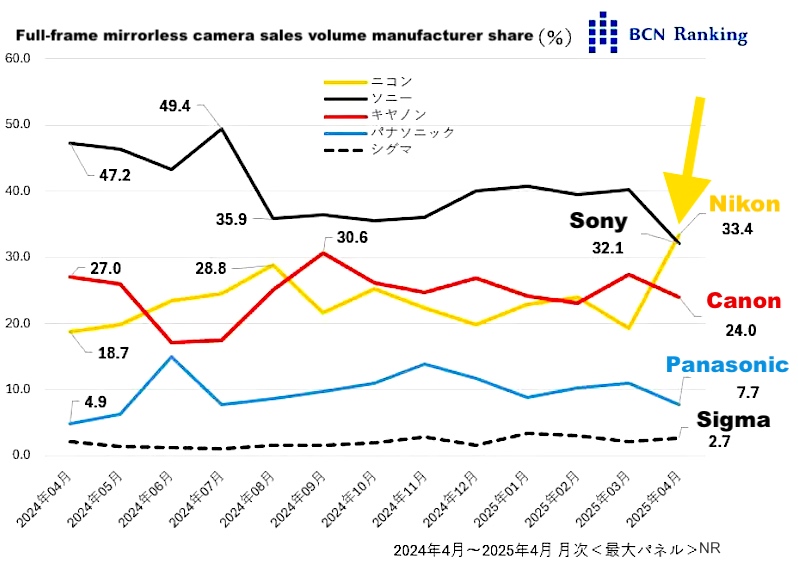































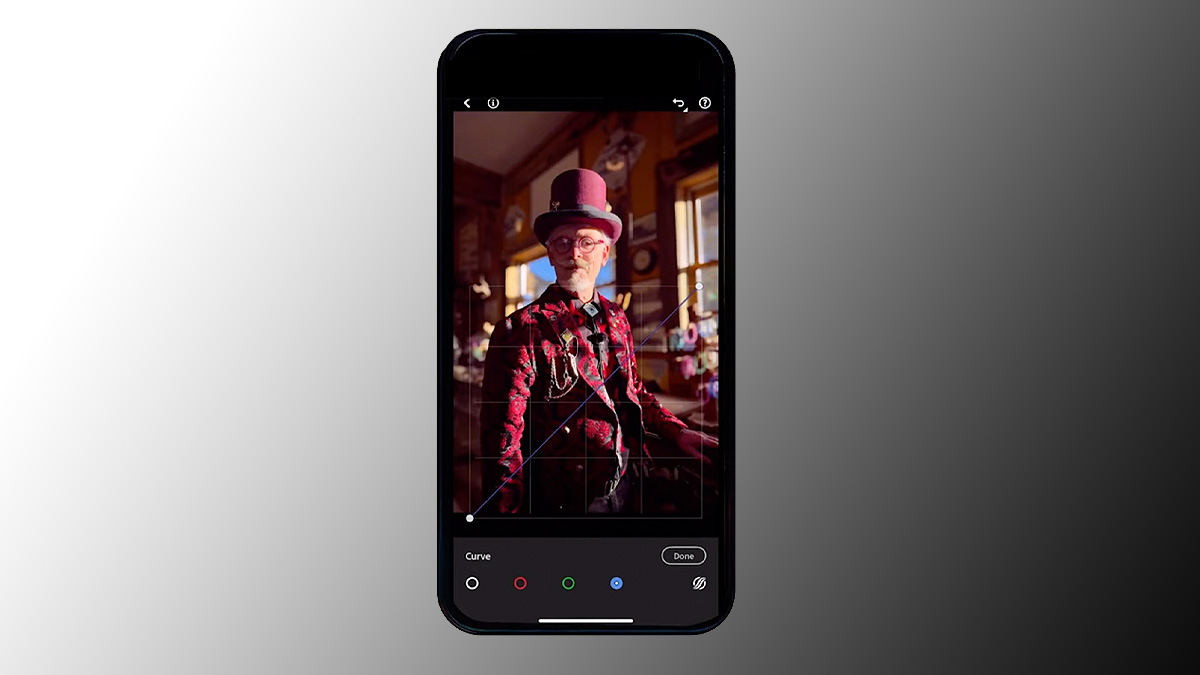





















![Anime Rangers X: Ultimate Best Units Tier List [UPDATE 1]](https://www.destructoid.com/wp-content/uploads/2025/04/ultimate-anime-rangers-units-tier-list.webp?quality=75)



















